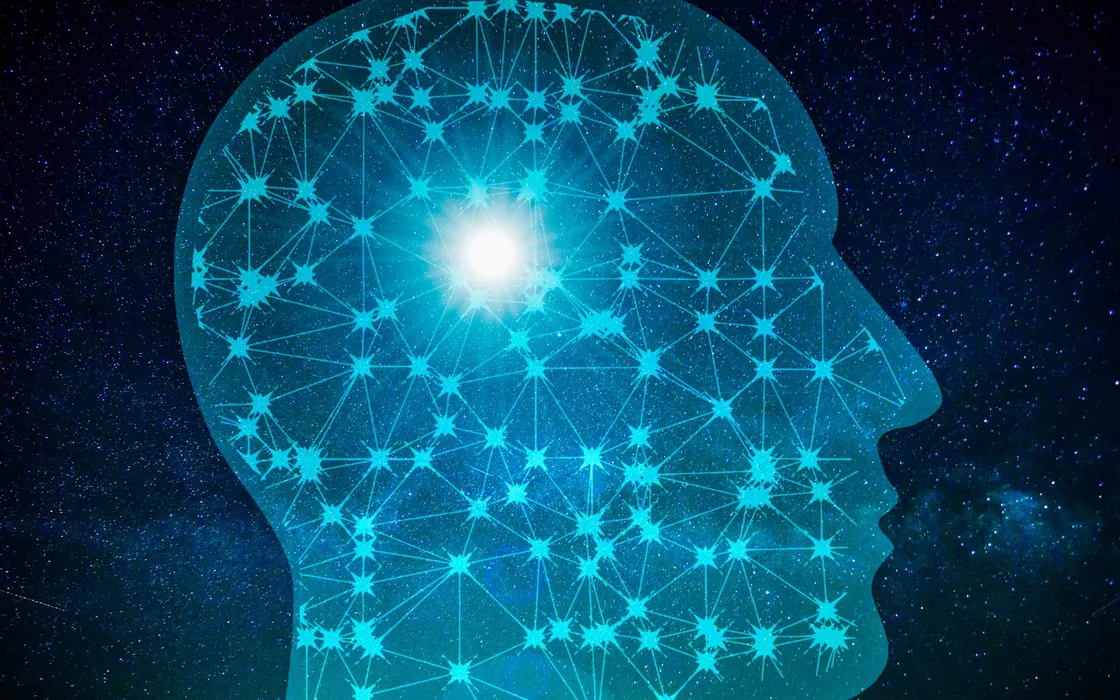Among the many implications related toArtificial intelligencethe one linked to inventions and related ones patents it is perhaps one of the least considered. In fact, however, this is something very important, also because AI, without a shadow of a doubt, will mark the progress of humanity in the coming years.
A first and important ruling on the matter comes directly from the land of Albion, where the Supreme Court of the United Kingdom ruled that AI cannot obtain patents. Simply put, no platform of this type can be considered an “inventor” of new products. Under British law, in fact, creators can only be considered beings humans o companies.
The historic verdict therefore proved wrong Stephen Thalerfounder of the AI system known as DUST, who asked to be able to consider the platform in all respects as an inventor. For Thaler it is not the first defeat in court: previously, in fact, a similar sentence had been issued by theUnited States Patent and Trademark Office.
AI and patents: the DABUS case and the sentences in the USA and UK
The case in question dates back to 2019, the year in which Thaler expressed his intention to register DABUS as the inventor of two products, a food container and a sort of flashing light.
On that occasion, theUK Intellectual Property Office (IPO) had rejected the request, with an almost identical reasoning to the most recent ruling of the British Supreme Court. However, it should be considered that, even according to Reuters and the IPO representatives, the Thaler case still presents more than legitimate doubts about the management of material generated by AI.
Still in court, a few months ago the attention of the public and professionals was attracted by a sentence which established that artificially generated images cannot be protected by copyright.
Although what happened may represent a strong precedent, it is not certain that a request of this kind could have a similar outcome in other places. Certainly, the issue between patents and AI is destined to be discussed for a long time to come.

